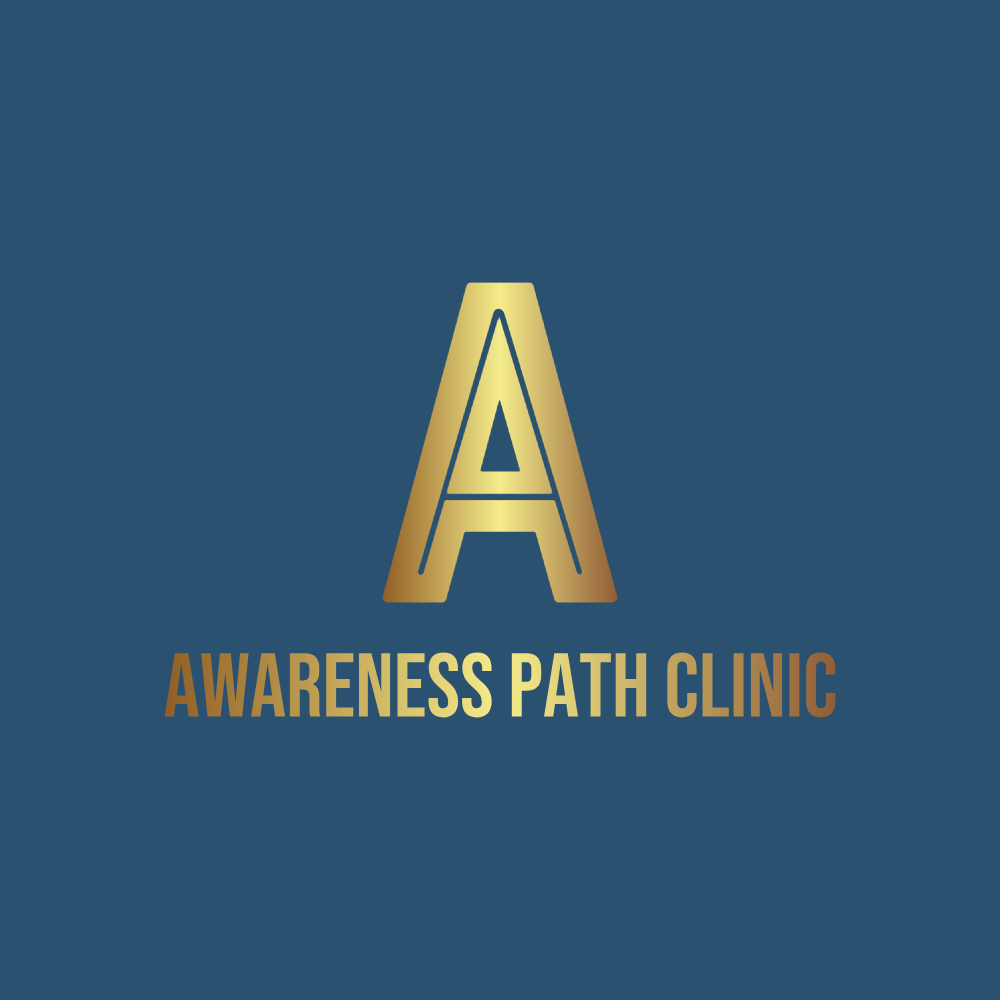PTSD and Trauma-Related Disorders: Insights from RANZCP Guidelines
Post-Traumatic Stress Disorder (PTSD) and other trauma-related disorders can develop after exposure to actual or threatened death, serious injury, or violence. According to the Royal Australian and New Zealand College of Psychiatrists (RANZCP), early intervention, accurate diagnosis, and evidence-based treatments are critical for recovery. This article outlines PTSD, other trauma-related disorders, and their recommended treatments based on the RANZCP guidelines.
Understanding PTSD and Trauma-Related Disorders
Trauma-related disorders are mental health conditions triggered by traumatic experiences. These conditions disrupt emotional regulation, cognition, and daily functioning. Common disorders in this category include:
- Post-Traumatic Stress Disorder (PTSD)
- Acute Stress Disorder (ASD)
- Adjustment Disorders
- Complex PTSD (C-PTSD)
- Dissociative Disorders related to trauma
- Post-Traumatic Stress Disorder (PTSD)
Symptoms: Intrusive memories, flashbacks, nightmares, avoidance behaviors, negative mood changes, hypervigilance, and exaggerated startle response.
Treatment Options:
• Trauma-Focused Psychotherapy: Prolonged Exposure (PE), Cognitive Processing Therapy (CPT), and Eye Movement Desensitization and Reprocessing (EMDR) are first-line treatments.
• Pharmacotherapy: Selective Serotonin Reuptake Inhibitors (SSRIs) like sertraline and paroxetine are commonly prescribed. Prazosin may help alleviate nightmares.
• Psychoeducation: Educating patients and families about symptoms and treatment options.
• Adjunctive Therapies: Mindfulness, grounding techniques, and lifestyle interventions like exercise and sleep hygiene.
RANZCP emphasizes psychotherapy as the cornerstone of PTSD treatment.
- Acute Stress Disorder (ASD)
Symptoms: Similar to PTSD but occur within the first month after trauma.
Treatment Options:
• Early Psychological Intervention: Trauma-focused CBT can reduce the risk of developing PTSD.
• Supportive Counseling: Encouraging social support and resilience.
• Medication (if needed): Short-term anxiolytics for acute distress.
The goal is to promote natural recovery processes.
- Adjustment Disorders
Symptoms: Emotional or behavioral symptoms in response to identifiable stressors.
Treatment Options:
• Supportive Psychotherapy: Problem-solving and coping skills training.
• Medication: Short-term pharmacological support for symptoms like anxiety or depression.
• Lifestyle and Social Support: Strengthening coping mechanisms and support networks.
These disorders typically resolve once the stressor is removed or adjusted to.
- Complex PTSD (C-PTSD)
Symptoms: PTSD symptoms accompanied by emotional dysregulation, negative self-concept, and interpersonal difficulties.
Treatment Options:
• Staged Treatment Approach: Stabilization, trauma processing, and reintegration.
• Psychotherapy: EMDR, PE, and Dialectical Behavior Therapy (DBT) for emotional regulation.
• Pharmacotherapy: SSRIs and mood stabilizers for emotional dysregulation.
RANZCP highlights the need for longer-term therapy in C-PTSD cases.
- Dissociative Disorders Related to Trauma
Symptoms: Disruptions in memory, identity, emotion, perception, and sense of self.
Treatment Options:
• Phase-Oriented Therapy: Stabilization, trauma processing, and integration.
• Psychodynamic Therapy: Exploring and addressing dissociative processes.
• Medication: SSRIs may be used to manage comorbid anxiety or depression.
Safety and stabilization are crucial in treatment.
General Principles for Managing Trauma-Related Disorders
- Comprehensive Assessment:
o Trauma history, symptom evaluation, and functional assessment.
o Use standardized tools like the PTSD Checklist (PCL-5). - Individualized Treatment Plans:
o Tailoring interventions based on trauma type, symptom severity, and patient preferences. - Trauma-Informed Care:
o Ensuring a safe, supportive, and collaborative therapeutic environment. - Collaborative Care:
o Multidisciplinary approach with psychiatrists, psychologists, GPs, and social workers. - Education and Empowerment:
o Providing psychoeducation on trauma responses and treatment strategies.
The Role of Brain Stimulation Therapies
In cases of treatment-resistant PTSD, brain stimulation techniques like Repetitive Transcranial Magnetic Stimulation (rTMS) may be considered. ECT is less commonly used but might be an option for PTSD with severe depression.
Conclusion
PTSD and trauma-related disorders can profoundly impact daily life, but recovery is possible with early intervention and evidence-based treatments. The RANZCP guidelines advocate for trauma-focused therapies as the primary treatment, supported by medication when necessary.
At Awareness Path Clinic, we follow these guidelines to offer personalized, compassionate care. Our goal is to empower individuals with knowledge, skills, and effective treatments to foster resilience and recovery.
If you or a loved one is struggling with trauma-related symptoms, please reach out to us today.





No comment